Ho jai ng dong chaai (好仔唔當差) – “Good kids don’t become cops” is our own Cantonese version of “All Cops Are Bastards.” It is a saying that I first heard from my grandmother, whose favourite sons ironically became policemen. These days in Hong Kong, this idiom seems to be coming true once again.
In recent weeks, the Hong Kong Police Force – once known as “Asia’s finest” – have found themselves in a bottomless well of scandals.
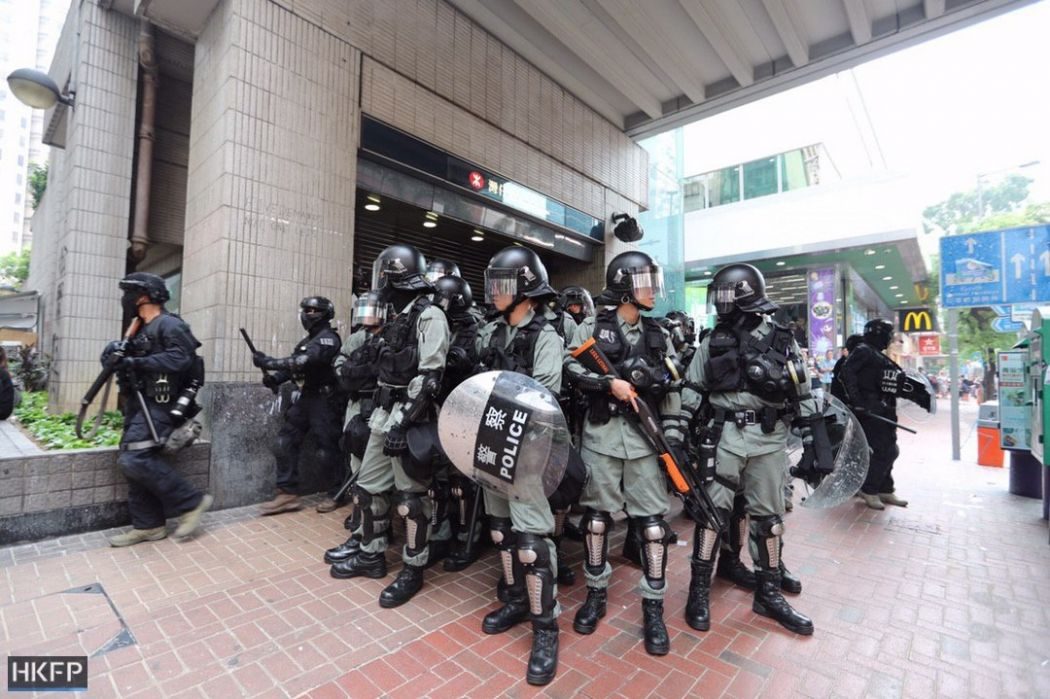
Several drug-squad officers were arrested, reportedly in possession of more than HK$12 million worth of crystal meth. Another policeman was charged with stealing more than HK$50,000 while on duty, from an airport reporting centre he was supposed to be guarding.
And, in both cases, the prosecution appeared to have tried to hide these officers’ connection with the force, as the “occupation” fields on their charge sheets were all left blank – a move deemed “strange” and unprecedented by Progressive Lawyers Group barrister Johnny So.
While two officers were caught in an alleged gambling operation, another eight were arrested on suspicion of assaulting the homeless whilst on duty. A man also died in police custody, before an eyewitness came forward with a video appearing to show officers kneeling on his neck while he lay face-down.
At the top level, several senior police officers – widely-known for their part in the crackdown on the extradition bill protests – were found to be embroiled in scandals involving alleged misuse of public land, illegal construction and undeclared businesses.
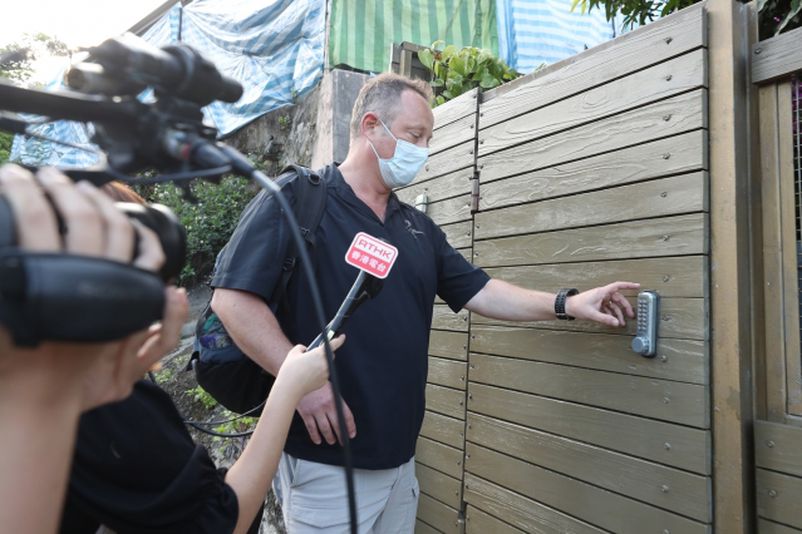
It feels like a flashback to the dark era of rampant police misconduct in Hong Kong which formed my grandmother’s views of the force. When I was young, I heard countless anecdotes about shopkeepers having to pay “protection money” to cops minutes after local gangsters had stopped by to collect their share.
The older generation tirelessly cautioned that the only difference between the triads and the police was the uniform.
This was the backdrop against which in the 70s the Independent Commission Against Corruption (ICAC) was established, and quickly gained popularity with the common people by targeting corrupt police officers.
But the force resisted the war on corruption violently. This period was defined by clashes between the two departments, ending with the police force’s infamous 1977 attack on the graft-busters’ headquarters. They stormed in and vandalised the anti-graft agency’s office, tearing down the ICAC plaque, smashing windows and doors, and beating up ICAC agents.
The graft-busters fought the law and The Law won. After the incident, the government granted amnesty for almost all prior cases to appease the angry police force – a huge blow to morale for the ICAC.
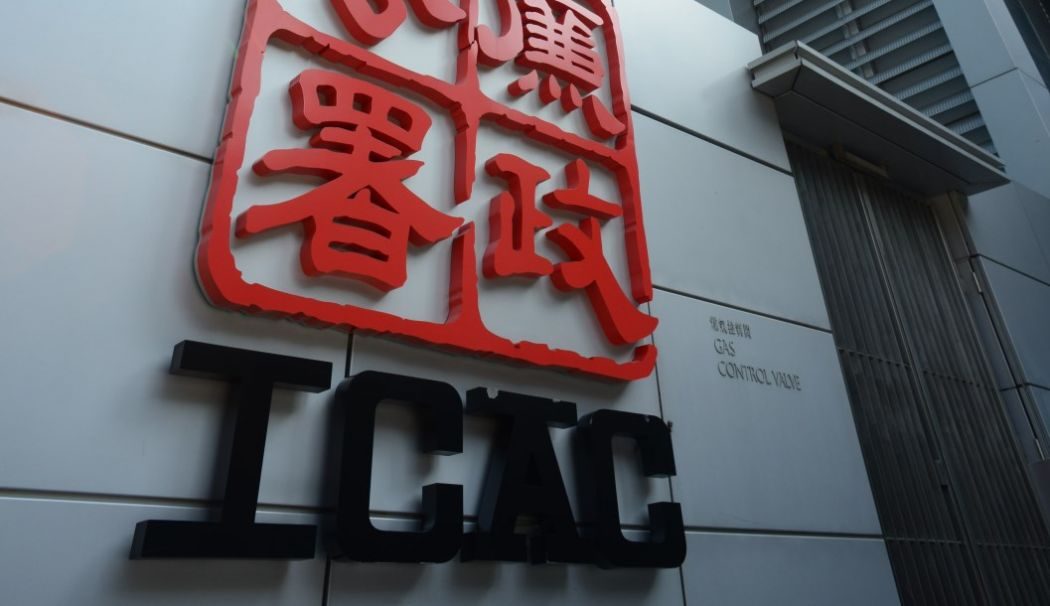
Nevertheless, the police I grew up knowing were mostly polite and helpful. The reforms of the 70s and 80s resulted in officers that were much better paid and generally more educated than those of my grandparents’ times. I looked up to my policemen uncles, and even aspired to become a cop to fight for justice and defend the weak, just like many children my age.
In 2007, the year before I entered into the world of activism, the police enjoyed a 79 per cent approval rating. In those days, complaints of police abuse of power, illegal arrests, and physical violence against activists were hardly taken seriously by anyone – sometimes not even by our own family. But the police did not treat the common people like they do today.
This is a far cry from today where a recent survey showed nearly 90 per cent of respondents gave an approval rating of 0 to the police, with most of the 138,000 participates agreeing that the current police force should be disbanded.
Past reforms which turned Hong Kong’s police force into one of Asia’s most efficient and professional by curbing corruption would be far from sufficient to reverse today’s revived discontent with the police, as the new grudge is mostly political in nature.
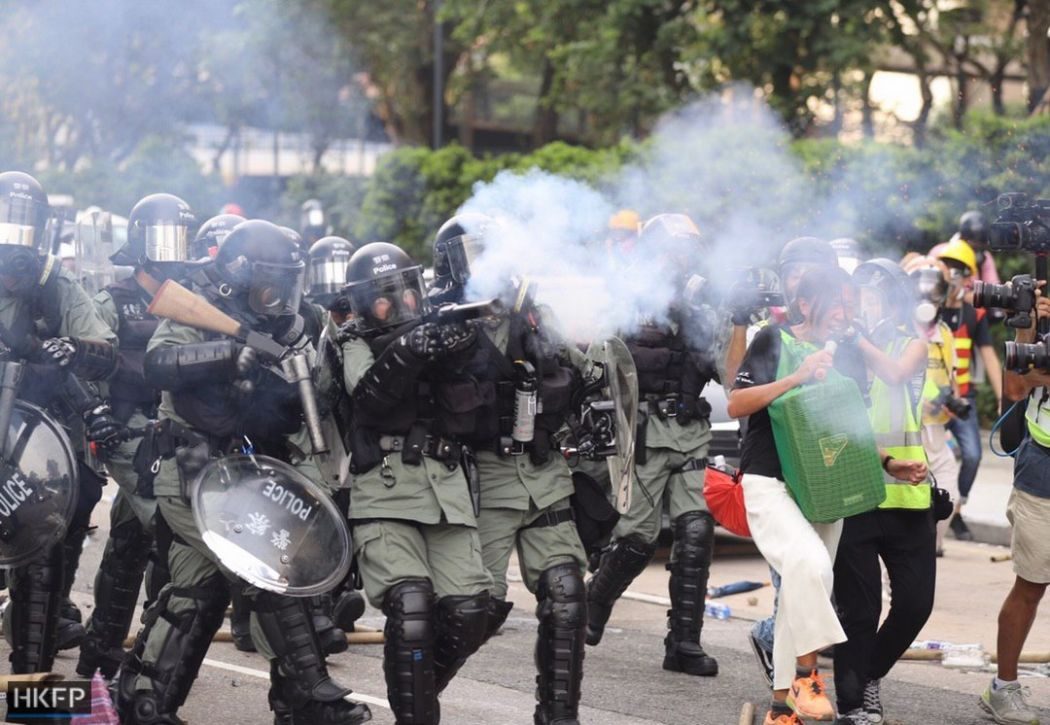
Since June last year, the police have acted as anything but neutral civil servants. They have been called out by human rights groups like Amnesty International for the unlawful use of rubber bullets, teargas and pepper spray, brutal beatings of protesters who did not resist, and aggressive tactics to obstruct – or even physically harm – journalists.
The Civil Rights Observer also released a report this month detailing police treatment of demonstrators which amounted to torture. They have been condemned for instances of severe physical assault, sexual harassment, threats of violence, and delaying access to medical or legal assistance.
But when the much anticipated Independent Police Complaints Council (IPCC) report was released last Friday, the police watchdog shockingly glossed over officers’ excessive and unnecessary use of force, claiming that officers generally acted within guidelines.
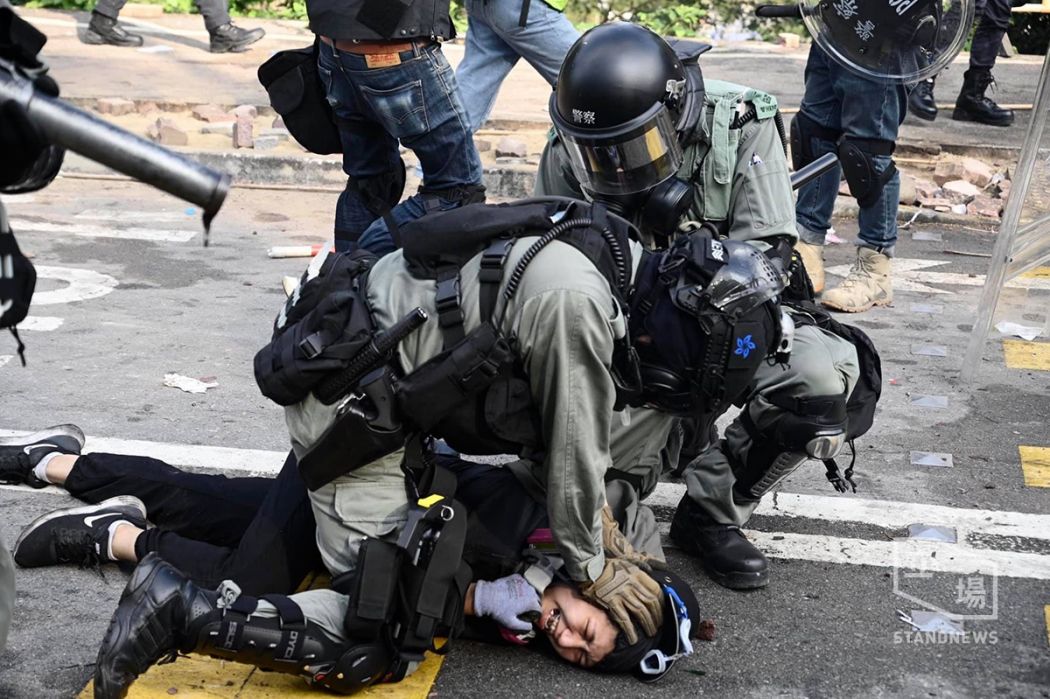
The report was, of course, met with a tsunami of local and worldwide criticism as “utterly ludicrous” and “biased”. One of the international experts who quit the IPCC last year for its lack of adequate power to investigate, Clifford Stott, pointed out that the IPCC report “is part of a wider set of coordinated announcements designed to deliver the new ‘truth’”.
Yet this whitewashing was praised by the Security Bureau, the police, as well as Chief Executive Carrie Lam, who – of course – had personally appointed the members of the “independent” Council, which lacks even the power to summon witnesses or subpoena documents.
The IPCC’s report came just after the promotion of several police officers responsible for clamping down on last year’s protests, including Vasco Gareth Llewellyn Williams – one of the officers caught in a property scandal. Williams gained notoriety after he referred to a protester severely assaulted by a large group of surrounding police officers in a back alley as a “yellow object”.

Eighteen officers also received commendations for their part in the crackdown, including the policemen who shocked the city last August by firing the first ever live round and kicking a man who was kneeling to beg the officer to stop shooting.
Those in power are now sending a message that will significantly impact future police culture: Officers’ abuse of power and arbitrary use of force will go unpunished – and might even help their careers – as long as they are doing the state’s bidding.
In this fresh era of unconstrained police brutality and corruption, the new generation is unlikely to associate justice with the police the way our generation once did. The force’s tarnished image will only attract dangerous young recruits who lust after blood and combat, who thirst for the unchecked power given by the uniform, who crave command over absolutely everyone they encounter, protester or not.
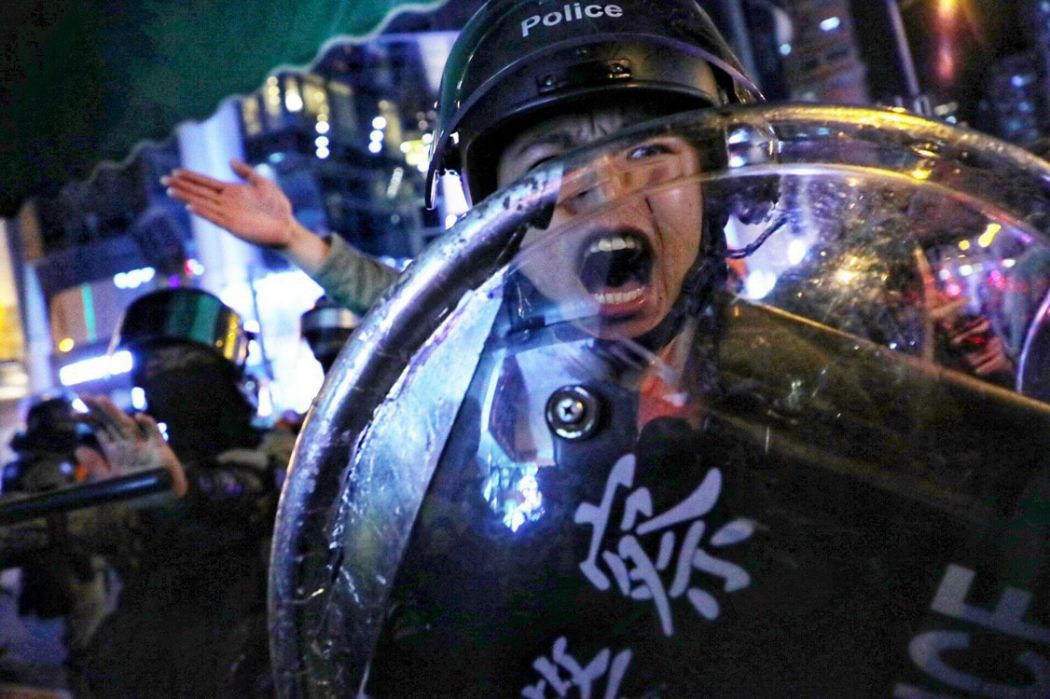
The existing police force must be disbanded and drastic reforms have to be implemented to restore its political neutrality. But this seems rather impossible with the current government in charge, which has repeatedly denied even the widespread request to conduct an independent investigation into recent police conduct.
When those who are supposed to uphold the law become above the law, the old local wisdom that “good kids don’t become cops” will be ringing truer than ever.
